|
I asked my Gaelic students if they would share their experiences learning the language. Here is the first of several responses I got: Let me start off my testimonial by saying just how wonderful of a Gaelic teacher Caroline is! When you choose to learn Scottish Gaelic with Daily Gaelic, you will be getting lessons from someone who not only has an incredible history of learning and perfecting the language for herself before moving onto teaching others, but who absolutely loves and has a passion for it!
At this point, I have nearly completed the Beginners Gaelic course, and I cannot say enough good about the way the workbook and units are laid out, and how incredibly helpful the audio files are for helping me sound out some of those tongue-twisters you come across! The weekly Skype classes are thorough and fun, which really helps to alleviate any nerves. While very professional, we always end up kind of having a rolling giggle throughout the lessons due to the joy of being taught a language we love by a person teaching who shares that same love. It is pretty incredible to me how much I am able to speak, read and write in Gaelic in such a short period of time, considering a few months ago I knew basically nothing! To be able to greet people (Ciamar a tha thu a-diugh?), to talk about the weather (Nach eil an t-sìde brèagha?), to ask what someone is doing (Dè tha i a' dèanamh?), to describe how I'm feeling (Tha mi trang ach toilichte!), to tell time (Tha e leth uair as dèidh sia uairean)..., to name just a few. I have decided to continue onto the next level and take the Advanced Beginners class beginning next month. If you have a love for all things Scottish as I do; if you want to connect with your Scottish ancestors; if you want to protect this brilliant language from being lost; or if you just want to try something new, sign up for a class with Daily Gaelic! You will not regret it and you'll have an amazing time learning! Beannachd leibh! (Blessings with you!) Kristy
0 Comments
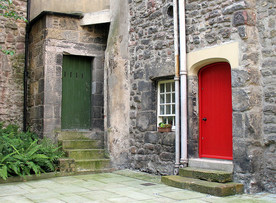 Caroline: What inspired you to put this class together? Cam: The university where I live has a program called OLLI (Osher Lifelong Living Institute), which presents non-credit courses in all sort of disciplines to students over the age of 50. With all the recent interest in “Outlander” and then the independence referendum last September in Scotland, it occurred to me that OLLI might consider a course on the history and culture of Scotland. They accepted my proposal, and I’ve just finished teaching the course. What fun! Caroline: What was exciting to you about this particular subject? What is your connection to it? Cam: I was excited about it because I particularly enjoy teaching just this sort of course, where we examine a subject, in this case Scotland, over time and from many different angles. I find that students enjoy this multi-disciplinary approach too. Growing up, my parents had a beautiful book with a MacRae tartan silk cover, and inside, page after page of photographs of all the men named MacRae who had died in World War I. My sister and I used to pour over those pictures conjuring connections to them. I guess I’ve never lost that sense of being part of a larger Scottish world. Caroline: What do you hope students get out of the class? Cam: I hope they come away from the course with a deeper understanding of how, in general, geology, geography, history, culture, and language are all intertwined, and specifically how this relates to Scotland, then and now. We’ll be talking about Doggerland, Neolithic house building, the Moine thrust fault, Celts, Picts, the Book of Deer, Scottish drove roads, coal mining, “Celtic” music, and I’ll throw a few kings and queens in there too, for good measure. Caroline: In what ways might this class be different from the kind of ‘Celtic’ culture people see at highland games or on Celtic Women? Cam: It will be different because we’ll be talking about Scottish history and culture, not a generic “Celtic” history or culture. In one of the classes we’ll discuss the definition of “Celtic,” ways it can be a useful, clarifying, term, and ways in which it isn’t. Caroline: Do you think this class would give people a better understanding of modern Scottish events such as the independence referendum? Cam: I hope so. I’ve been doing a lot of reading on the politics leading up to the referendum, the issues that were being discussed last summer, and opinions and news since the vote. Elections for the UK Parliament will take place in early May, and by the time we reach that part of the course, we’ll be able to see what effect the independence referendum has had on the outcome. Caroline: How would taking this class be beneficial for someone learning Gaelic? Cam: In the original OLLI course, I referred often to the various languages spoken in Scotland, especially Gaelic, and how it is woven into Scottish history and culture. One of the themes of the course is how the Gaelic language arrived in Scotland, the forces and influences which helped its base of speakers spread and then eventually shrink. Other than that, I think if you’re going to put effort and time into learning a language, that it’s a good idea to have a broad knowledge of the area where it’s spoken. Caroline: Do you think that having an understanding of the history and culture would help Gaelic students understand some elements of the language? Cam: Well, I can’t promise that it will help with learning irregular genitive forms or how the inverted nominal works, but we will talk about Gaelic in its cultural and historic context. I’d like to think that that is an important part of any language student’s knowledge. And of course I’m always happy to talk about the genitive. Caroline: Do you think that knowing about the history and culture might help people understand or relate to some of the idiosyncrasies of Gaelic? Cam: Possibly. Languages don’t develop in a vacuum, so we’ll talk about how and why Scottish Gaelic has developed differently than Irish Gaelic, for instance, and we can also discuss why various Gaelic dialects differ from each other. Failte chridheil air Cam, tidsear ur aig Gaidhlig Gach Latha.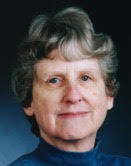 The aim of Daily Gaelic is to help people learn to speak and learn about Gaelic. I am delighted to say that there has been so much interest that I have asked a my good friend and fellow Gaelic teacher to join me here at Daily Gaelic. Please give a very warm welcome to Cam who will be teaching here at Daily Gaelic. This spring she will be teaching a wonderful class called Scotland: Past and Present. This course will present an overview of the geography, history, and culture of Scotland and is a great addition to learning Gaelic language. Here is Cam telling us a little about herself and how she got involved with Gaelic: : "I've been teaching for most of my adult life, in museums, in living history settings, in traditional classrooms, and lately, on Skype too. I got interested in learning Gaelic about twenty years ago when I was involved with Norman Kennedy’s Marshfield School of Weaving in Vermont. We used to have waulkings every once in a while but all we sang were English songs. Then one day I found a copy of volume 2 of Campbell and Collinson’s Hebridean Folksongsin a used book store and decided to learn Gaelic. I’ve been studying Gaelic ever since, in the U.S., in Canada, and in Scotland. I’m a long-time member of ACGA, the Scottish Gaelic Society of North America and have served at various times on the Board of Directors and on several committees. For the past four years I’ve been one of the editors of the society's bilingual quarterly newsletter, "An Naidheachd Againne,” and recently I’ve been hosting a Gaelic music program on ACGA’s Gaelic radio broadcast, Rèidio Guth nan Gàidheal. Are you looking for a way to learn and practice your weather vocabulary? Here are some ideas: BBC ALBA: They have the weather everyday. Just hover your mouse over the weather symbol and it will give you the words. http://www.bbc.co.uk/alba/ Guthan beaga: There are lots of great weather phrases with videos of the pronunciation. Click on 'Cuairt a-muigh/ around and about' and then on 'An aimsir/ the weather'.
http://www.nhconline.net/nhconline/bng/index2.htm |
Details
AuthorsCaroline has been involved with Gaelic for more than 18 years. She has degrees in Celtic Studies and Gaelic Medium Teaching. Archives
March 2021
Categories
All
|
Proudly powered by Weebly

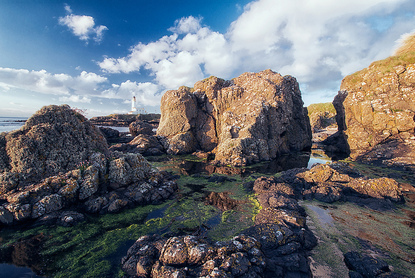
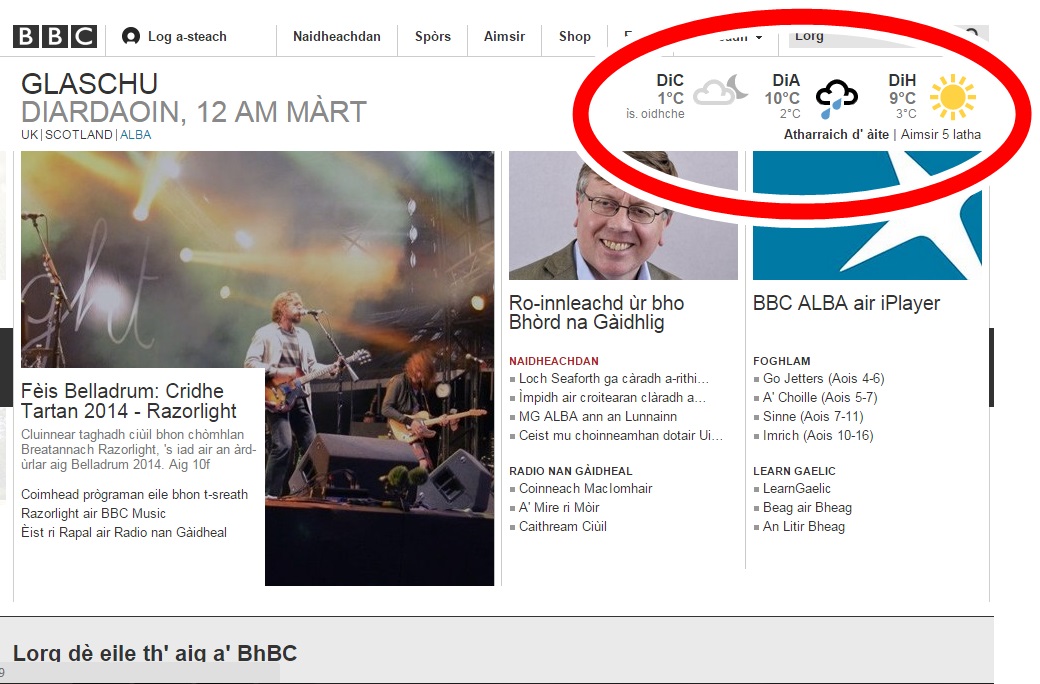
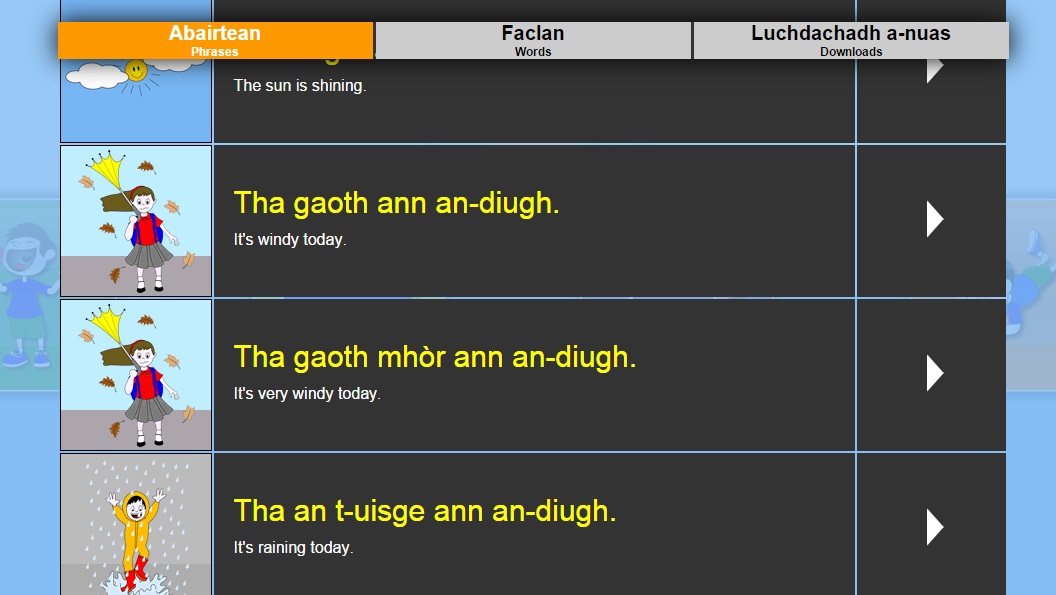
 RSS Feed
RSS Feed